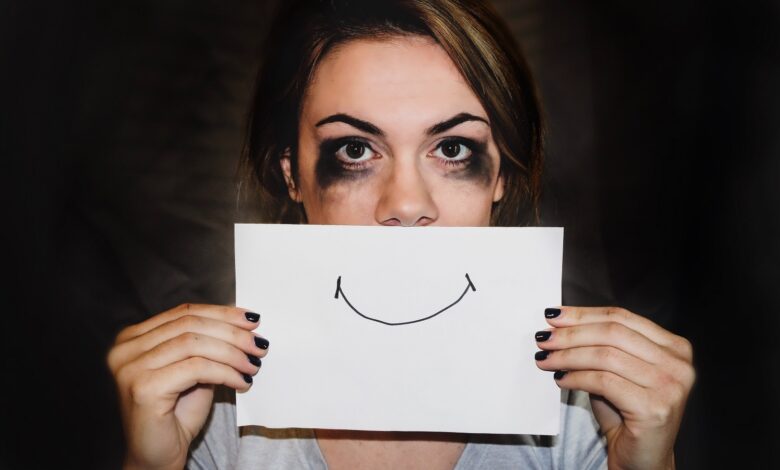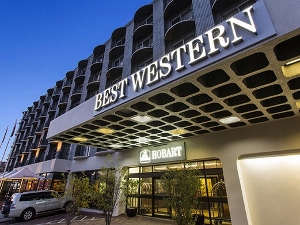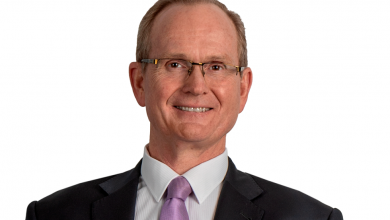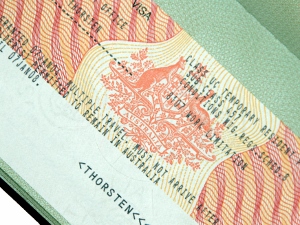
Increase happiness in hospitality, put mental health first
Sector staff shortage: New report shows employers who prioritise the mental well-being of workers have a significant competitive edge
As the hospitality industry continues to face its worst staff shortage in decades, a new report analysing the changing face of the Australian hospitality sector, suggests employers who prioritise the mental well-being of their workers have a significant competitive edge.
Released by leading shift work platform, Deputy, the ‘The Big Shift: The Changing Landscape of Australian Hospitality report reveals insights into how the hospitality industry is coping more than two years after the pandemic began amid widespread labour shortages and supply chain disruptions.
Our latest AccomNews print issue is available now! Read it HERE.
The report cites prolonged and accumulated stress having been caused by several factors – balancing work/family responsibilities, working longer hours in a staff light environment and crisis fatigue from exposure to news on bushfires, COVID-19, even overseas conflict.
The recent interest rate hikes too have been seen as a contributory factor with the Deputy data showing a 3 percent decline in the share of hospitality workers who reported feeling ‘Happy or Okay’ at the time rates were increased in May.
But it’s not all bad news.
The Deputy report shows since the re-opening of the border and economy in early 2022, shift worker sentiment has primarily been on an upwardly improving trend.
In August 2022, 82 percent of hospitality workers reported feeling ‘Happy or Okay’.
This is in comparison to only 67 percent of workers reported feeling ‘Happy or Okay’ in November 2021 towards the end of the last COVID-19 restriction period.
The research also identified that employers who place employee wellbeing and resilience as a priority have 30 percent more productivity, three times greater brand and/or product value and four times more profit.

AccomNews spoke with Launceston-based restauranteur and mental health advocate, Bianca Welsh who is heavily involved in the community.
The co-owner of Stillwater Restaurant and Seven Rooms and Black Cow Bistro, Bianca has been in the hospitality industry for almost two decades and a business owner since 2008, when she was 21 years old.
She currently sits on two not-for-profit boards and chairs a government advisory committee for the Tourism and Hospitality workforce.
A Bachelor of Behavioural Science, she founded her own mental health mentoring and education business, specifically for the tourism and hospitality industry, in May 2021.
She also qualified as a Mental Health First Aid Instructor in June last year as part of the University of Canberra’s Canberra’s Mental Health First Aid (MHFA) program.
Bianca, who had just returned from facilitating a Mental Health First Aid workshop in nearby Byrnie when AccomNews caught up with her, recounted the story of one of her employees whose workplace behaviour changed dramatically from being an A-plus member of staff.
”It became known to us that this person had an eating disorder and the binging and purging was happening on shift at work,” she said.
“I knew I had to do something about it. I didn’t want to do what normally happens in hospitality and just write them out of the roster and fortunately, the outcome was really positive.
“This person did admit they were in a bit of denial to begin with, but then admitted there was an issue, but they got help, got back on track, stayed with us for another year, went back to their A-plus employee status, and went on to become a medical doctor themselves. And I still talk to them to this day.”
Bianca said the experience prompted her to want to know more about how she could help so she decided to enroll in a behavioural science degree which she completed on a part-time basis while establishing a third business.
Today, Bianca implements what she has learned from the books and personal experience across all her business activities and helps others – businesses and people – with her mental health facilitation activities.
She additionally, manages a person-to-person mentoring program for the Tasmanian Hospitality Association and works closely with the Tourism Industry Council of Tasmania and the Launceston Chamber of Commerce.
Her experience includes dealing with people suffering from depression, anxiety, bipolar disorder, substance addiction, abuse, sexual assault, trauma, suicidal tendencies and grief.
“I don’t expect all employers and business people to go out and get a psych degree, it really boils down to some very basic principles of understanding, empathy, kindness and compassion,” she said.
“Essentially, our industry needs a concierge to help guide people to the best resources,” she said.
“I find that people either need help with a specific instance, in their workplace where they’re dealing with someone who’s very mentally unwell or they have an undiagnosed mental illness or a poorly managed mental illness.
“It could be they’ve had something in the past, and they just want to know how to be better or how to implement better practices, or they just are a bit clueless and want to start somewhere.
“There are all these amazing websites out there – Beyond Blue, Black Dog, Lifeline – that are really targeted to the individual, and yes, there are some more programs coming out now that’s more targeted to business, but it’s still an area that we need a lot of help with.
“We can’t expect people to leave their issues at the door anymore, because that’s unrealistic.
“We’re evolving now into how we understand and can provide psychologically safe workplaces, which I think is the only way that we can move forward in terms of how we can attract people into the industry, and how we can retain people in the industry.”
Bianca says while awareness of the importance of employee well-being is gaining traction, the hard part is trying to get the industry to have time to understand the effect mental issues can have on a business.
“We work in a reactionary industry so it’s really hard to get our hospitality people to sit down and consider strategy and to consider policy, and spend time on things like this.
“So, I guess I’m trying to gain a movement of understanding that this is not just a mental health issue and improving the lives of others, but it is actually a business case,” she said.
Bianca also points towards the need to better equip the industry’s younger employees, the demographic she says is most affected by mental illness.
“There’s a large cohort of young people in the sector, and there always will be because that’s the nature of our business,” she said.
“Some 75 percent of people will have a mental illness episode by the age of 25.
“We have an opportunity to be part of the prevention and early intervention model that our country needs to guide and to tool up our young people with better resources and better practices before it gets into a full-blown mental illness.
“If we’re going to turn around and change anything for the betterment of our people, our country, and the world, then we need to be doing something.
“And for us, as business owners and operators, is to know when to have a mental health first aid conversation with someone and “look, I’m concerned about you.”
Bianca said she would love to take what she has seen achieved in Tasmania further.
“It’s about finding the time and the right people, people like myself, that have the experience to deliver this message or those that can turn that research into actual practical tools.”
Mike Parker-Brown is a UK-trained and qualified journalist and an award-winning travel communicator with more than 30 years experience.
Since 2002, Mike has worked as a freelance writer and PR consultant providing his services to major organisations in Australia and internationally in the tourism, aviation, hospitality, recruitment and export marketing sectors.







